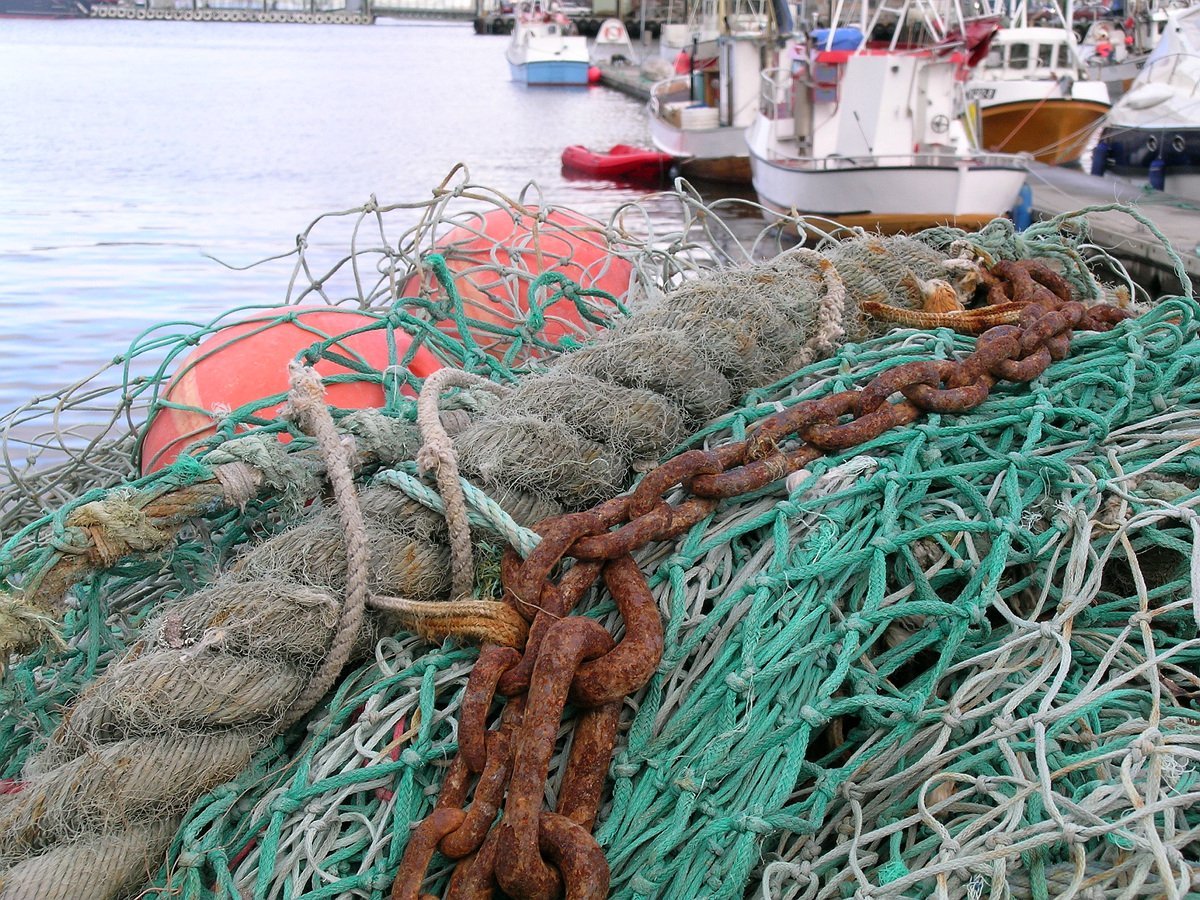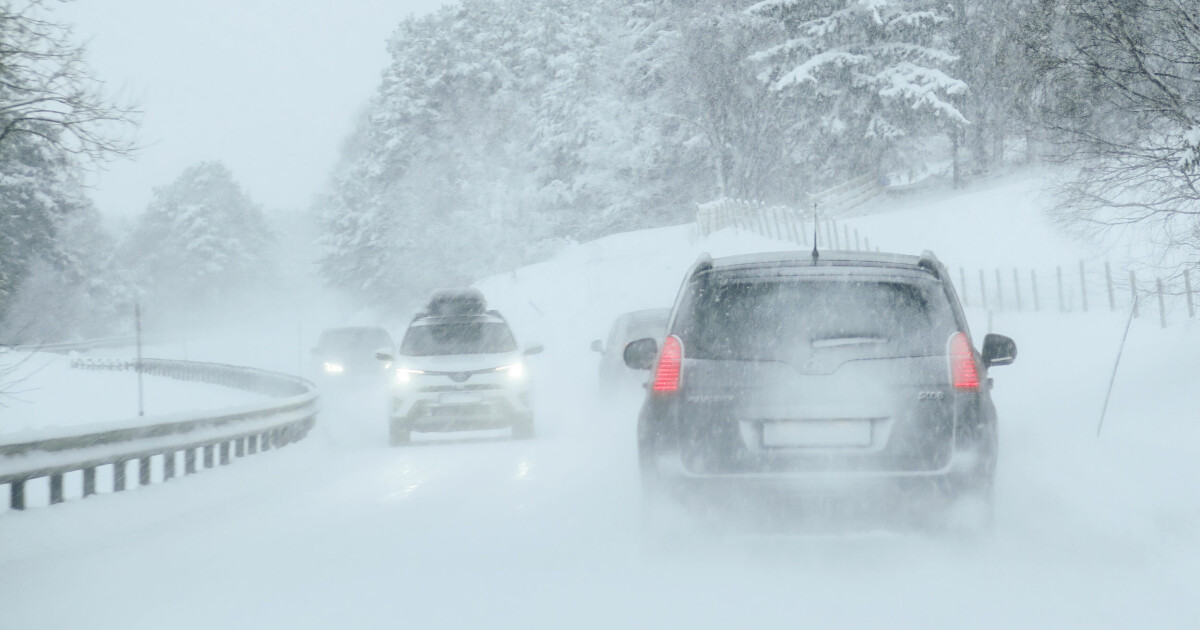On behalf of the Ministry of Climate and Environment (KLD), the Norwegian Environment Agency is reviewing Norway’s producer responsibility schemes and proposing changes to make current and future plans more efficient, robust and adaptive to the circular economy.
polluter pays
Producer responsibility means that the cost of waste management is included in the price of the product. This is consistent with the polluter pays principle.
The scheme gives the manufacturer incentives to reduce this cost by making the products more durable, easy to use and recycle.
It is important that producers take responsibility for their products even when they become waste. It contributes to the collection and thus proper handling, reduction of litter and environmental toxins in nature. In addition, we must use discarded products much better than we do today, for example by reusing or recycling them into new products. Producer responsibility should make the economy more circular, says Eileen Hambro, director of the Norwegian Environment Agency.
We recommend two new arrangements
Today, we have expanded product liability for electrical and electronic waste, discarded vehicles, tires, batteries, packaging, including beverage packaging, and insulating glass panels containing PCBs.
We recommend making changes to the regulations for existing schemes.
In addition, we recommend limiting producer liability for plastic waste from fisheries, aquaculture, and recreational fishing, and an arrangement whereby producers are given responsibility to cover the costs of waste management and cleaning up trash from single-use plastic products in public spaces.
Producer responsibility must also be adapted to the new requirements for extended producer responsibility in the revised EU Waste Framework Directive (2008/98/EC) and the Plastic Products Directive (EU 2019/904).
A basic template for all producer responsibility schemes in Norway
The main metric we are proposing is to create a common form for product responsibility plans.
This basic template is intended to be a helpful tool and checklist for further development of existing schemes and design of new schemes.
The manufacturer is responsible
In the model, the manufacturer takes responsibility for the product even after it becomes waste. We recommend that manufacturers be given the responsibility and duty to collect discarded products and ensure that they meet the objectives of reuse or recycling of materials, and that the waste goes to appropriate waste treatment. They should also report this.
In most cases, producers must fulfill their obligations by being members and paying a fee to a certified returns company that fulfills the obligations on behalf of the producers. In some cases, producers can fulfill all the obligations themselves, after approval by the Norwegian Environment Agency.
Manufacturers should design products to recycle materials
In order to stimulate the circular economy, we recommend that discrimination be made to a greater extent in the bonuses paid by producers to returning firms.
Products that are easy to reuse and recycle should pay less than complex products that are difficult to treat as waste.
Producers must cover the necessary costs
Consistent with the principles of product responsibility, producers must cover the costs necessary to collect, sort and treat waste for the products they put on the market.
This also applies if other actors, such as the municipality, carry out this work.
Must ensure collection across the country
It is important to ensure that products and waste are collected across the country and not just in the least expensive places. Manufacturers are required to cover the combination in the geographies where the products are sold, and this combination often means across the country, and the returning company must not turn a profit.
Returning company should not pay dividends
The Norwegian Environment Agency recommends maintaining the current form with requirements for approval of the return of companies.
In addition, we suggest that we require that those not be able to pay dividends to their owners.
Measures against free passengers
Manufacturers who do not participate in a product liability scheme pose a threat to well-functioning schemes. To counter this, we recommend creating a Producer Register to which producers and returning companies report. This way we can identify free passengers.
The aim of the return scheme is to prevent and reduce environmental problems and make better use of resources. When producers are free travelers, it becomes more expensive for those who do their homework and participate in the system, says Environmental Director Elaine Hambro.
The Norwegian Environment Agency will also consider charging a violation fee to producers who do not meet their obligations.
We recommend the product responsibly for plastic equipment from fisheries, aquaculture and recreational fishing
Stray fishing gear is a major environmental problem. It can lead to ghost hunting, as well as the spread of plastics and the decomposition of plastics into microplastics. Almost half of the waste that ends up on Norwegian beaches originates from fisheries and agriculture.
We recommend the development of a new producer responsibility scheme, based on the base model, for equipment containing plastics from fisheries, aquaculture and recreational fishing. It is important that manufacturers of this type of equipment prepare for upcoming regulations.
We recommend the product responsibly some disposable plastic products
In accordance with the European Union Directive on Plastic Products, we will introduce producer responsibility for certain types of single-use plastic packaging, wet wipes, balloons and filter tobacco products in Norway.
The scope of the producer’s responsibility will be limited to financing the products’ share of municipal costs for cleaning garbage and collecting waste from waste containers in public places.
We recommend that producers be required to establish and join a company responsible for the product. This company will be responsible for collecting bonuses from manufacturers and paying subsidies to municipalities to clean up and collect waste in public places.
Three-part task
This assignment is the second part of a mission to review and propose rule changes to improve producer responsibility schemes in Norway. The third part will be to prepare and evaluate the results of the recommendations in this task.
Part 1 of the mission:

“Explorer. Unapologetic entrepreneur. Alcohol fanatic. Certified writer. Wannabe tv evangelist. Twitter fanatic. Student. Web scholar. Travel buff.”




